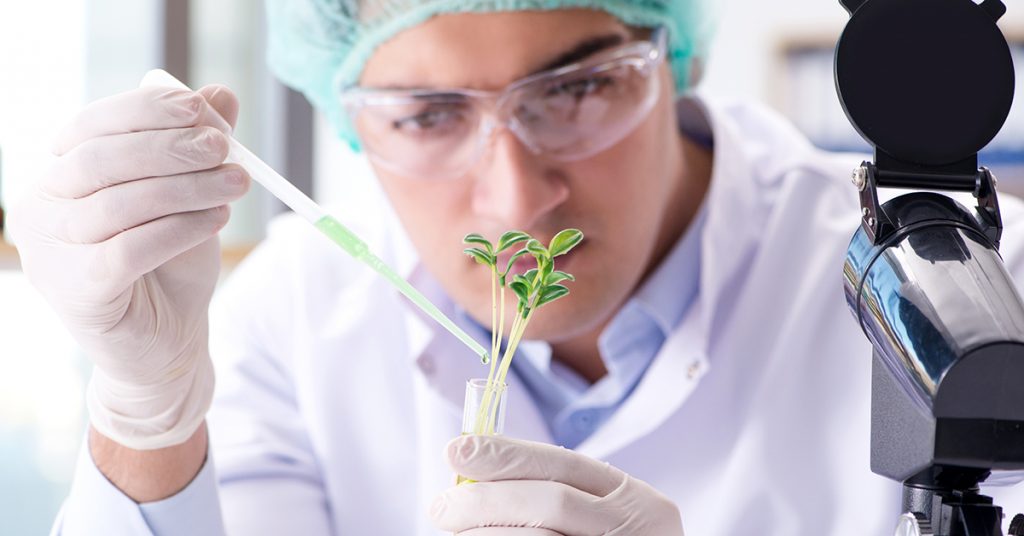
Introduction to Biotechnology: What It Is and Why It Matters
Introduction to Biotechnology: What It Is and Why It Matters
Biotechnology is a rapidly advancing field that blends biology with technology to develop innovative solutions for healthcare, agriculture, environmental conservation, and industrial applications. From medical breakthroughs to genetically modified crops, biotechnology plays a critical role in shaping our future. But what exactly is biotechnology, and why is it so important?
What is Biotechnology?
Biotechnology involves the use of living organisms, biological systems, and their derivatives to develop or create products and processes that improve human life. This interdisciplinary field integrates biology, chemistry, physics, and engineering to solve real-world problems.
Biotechnology is commonly categorized into different branches, including:
Medical Biotechnology – Focuses on developing pharmaceuticals, gene therapy, and medical diagnostics.
Agricultural Biotechnology – Enhances crop yield, pest resistance, and food production efficiency.
Industrial Biotechnology – Produces biofuels, biodegradable plastics, and other sustainable materials.
Environmental Biotechnology – Aims at waste management, pollution control, and ecosystem restoration.
Why Biotechnology Matters
Biotechnology has a profound impact on many aspects of our lives. Here are some key reasons why it matters:
1. Advancements in Healthcare
Biotechnology has revolutionized medicine through innovations like gene editing, personalized medicine, and vaccine development. Life-saving drugs such as insulin and monoclonal antibodies for cancer treatment are products of biotechnology.
2. Improving Agriculture and Food Security
With a growing global population, biotechnology helps ensure food security by developing genetically modified crops that resist pests, require less water, and provide higher nutritional value. It also contributes to sustainable farming practices that reduce environmental damage.
3. Environmental Protection
Biotechnology offers eco-friendly solutions such as bioremediation, which uses microorganisms to clean up oil spills and toxic waste. It also aids in developing renewable energy sources like biofuels, reducing reliance on fossil fuels.
4. Industrial Innovations
From biodegradable plastics to bioengineered enzymes used in detergents, biotechnology enables industries to create sustainable and efficient products that benefit both consumers and the planet.
The Future of Biotechnology
As research and technology continue to advance, biotechnology is set to play an even greater role in addressing global challenges. Innovations like CRISPR gene-editing technology, lab-grown meat, and AI-driven drug discovery are just the beginning of what’s possible.
Biotechnology is more than just a scientific discipline—it is a driving force for progress that influences health, food security, sustainability, and industry. Understanding its impact and potential helps us appreciate its role in shaping a better future for humanity.
Are you excited about the future of biotechnology? Let us know in the comments below!













